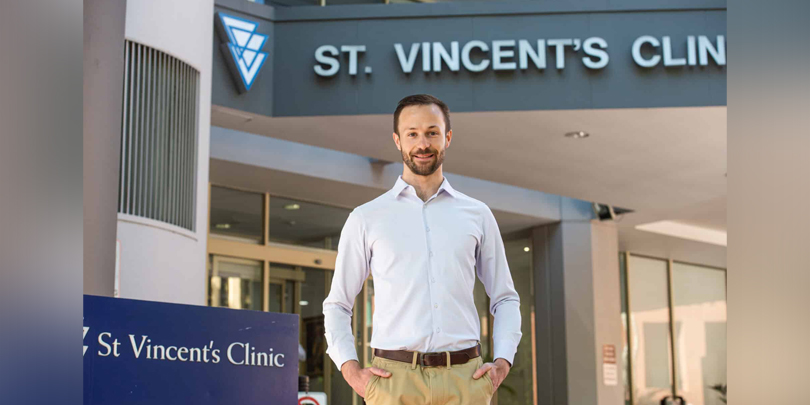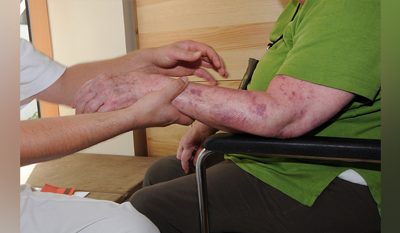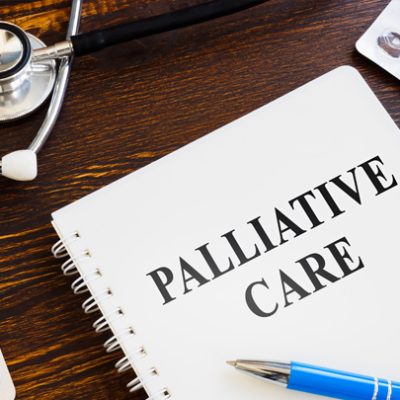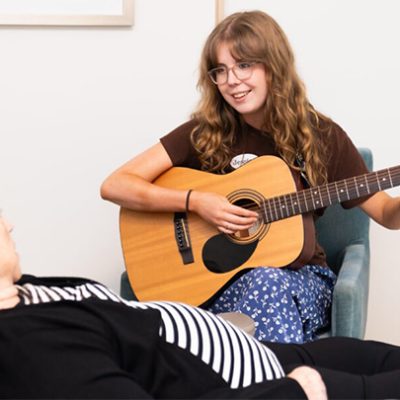
Is it possible for a terminally ill person to flourish? New research from Australian Catholic University says yes – and there may be aspects of the good life that are uniquely meaningful as it ends. Source: The Catholic Weekly.
While a person at life’s end may experience a decline in their agency and ability to act, crises and illnesses can provide the opportunity to bring our life’s story to a coherent conclusion.
A more holistic approach to palliative care could see practitioners guide the patient through therapies that help them draw their life into a narrative, reconcile with family members, and come to terms with suffering and adversity.
Paradoxically, this might mean that with the right care, as a person comes to terms with death, they have the chance to “get better” in those aspects of life that have historically been regarded as most central: harmonious relationships, peace with God and the world, and preparing for a “good death”.
The paper “Flourishing at the end of life” was published in the journal Theoretical Medicine and Bioethics by lead author Dr Xavier Symons, director of ACU’s Plunkett Centre for Bioethics, with Australian and US co-authors in the fields of philosophy and medicine.
“We do not wish to romanticise the dying process and the pain and suffering that typically accompany it,” they write.
“But … we would like to put pressure on an assumption that some might hold, namely, that flourishing is impossible or exceedingly rare in the final chapters of life.
“When someone knows that they have two, six, or 12 months to live, they often give increased focus to what they deem to be most important.”
As Australian deaths from “voluntary assisted dying” grow in number, Dr Symons hopes further empirical research into therapies that focus on the meaningfulness of the end-of-life may help fewer people feel compelled to end their own lives.
“Definitely I would hope that this approach would reduce the number of people who feel they need to seriously consider VAD as an end-of-life option,” Dr Symons said.
“Hopefully everyone agrees that it’s probably better that people don’t have to choose VAD.”
FULL STORY
Dying offers unique opportunities for flourishing, ACU’s Dr Xavier Symons says (By Adam Wesselinoff, The Catholic Weekly)






